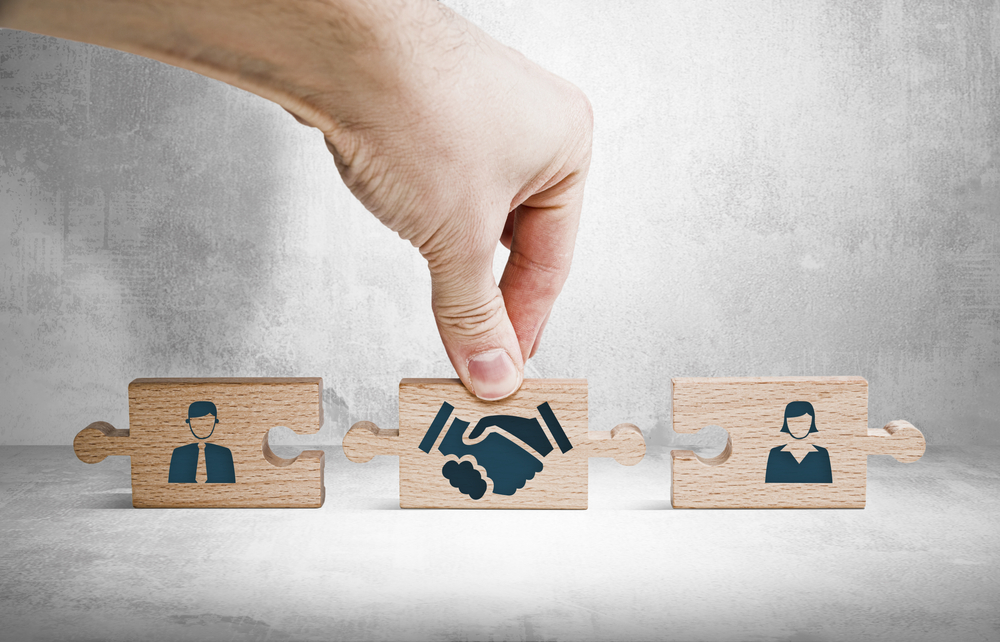Personal injury mediation is an alternative dispute resolution process allowing parties to resolve their disputes without trial. It can be a more efficient, cost-effective, and less stressful way to achieve a fair settlement. Understanding what to expect during mediation can help you prepare and maximize your chances of a successful outcome.
What Is Mediation?
Mediation involves a neutral third party, known as a mediator, who helps the disputing parties reach a mutually acceptable resolution. The mediator does not decide the case but facilitates communication and negotiation between the parties to help them find common ground.
Preparing for Mediation
- Choose the Right Mediator: Select an experienced mediator who understands personal injury law and has a good track record of resolving similar cases.
- Gather Documentation: Collect all relevant documents, including medical records, accident reports, witness statements, and any other evidence that supports your case.
- Know Your Case: Understand the strengths and weaknesses of your case, the extent of your injuries, and the damages you seek.
- Consult with Your Lawyer: Work closely with your personal injury lawyer to develop a strategy for mediation. Your lawyer can help you prepare your opening statement, anticipate counterarguments, and plan your negotiation tactics.
The Mediation Process
- Opening Statements:
- The mediation typically begins with opening statements from each party. These statements outline the key points of the case and the desired outcomes.
- Your lawyer may present your opening statement, summarizing your injuries, the impact on your life, and the compensation you seek.
Private Sessions (Caucuses):
- After the opening statements, the mediator may meet with each party separately in private sessions. These are called caucuses.
- In these sessions, you can discuss your case, your concerns, and your settlement preferences candidly with the mediator.
- The mediator uses this information to understand each party’s position and find areas of agreement.
Joint Sessions:
- The mediator may bring both parties together for joint sessions to discuss specific issues and explore potential compromises.
- Joint sessions can help clarify misunderstandings and promote open communication.
Negotiation:
- The mediator will facilitate negotiations between the parties, moving back and forth between private and joint sessions as needed.
- The goal is to find a middle ground where both parties can agree on a settlement.
Reaching an Agreement:
- If the parties reach a mutually acceptable resolution, the terms of the settlement will be documented in a written agreement.
- Both parties will sign the agreement, making it a binding contract.
No Agreement:
- If the parties cannot reach an agreement, the mediator may declare an impasse. This does not mean the end of your case; you can still pursue litigation or explore other settlement options.
Benefits of Mediation
- Cost-Effective: Mediation is generally less expensive than going to trial. It reduces legal fees, court costs, and other expenses associated with litigation.
- Time-Saving: Mediation can be scheduled more quickly than a court date and typically resolves the dispute in a shorter time frame.
- Control Over Outcome: Mediation allows the parties to have more control over the resolution. Unlike a trial, where a judge or jury decides, the parties in mediation work together to find a solution.
- Confidential: Mediation is a private process, and the discussions and agreements reached are confidential. This can protect your privacy and prevent public disclosure of sensitive information.
- Less Stressful: Mediation is a less formal and adversarial process than a trial, reducing the emotional and psychological stress on the parties involved.
Tips for a Successful Mediation
- Be Prepared: Bring all necessary documentation and be ready to discuss your case in detail.
- Stay Open-Minded: Be willing to listen to the other party’s perspective and consider alternative solutions.
- Be Patient: Mediation can take time, and it’s important to remain patient and focused on finding a resolution.
- Communicate Clearly: Express your needs and concerns clearly and respectfully. Effective communication can help bridge gaps and foster understanding.
- Focus on Interests, Not Positions: Instead of rigidly sticking to your initial demands, focus on your underlying interests and be open to creative solutions that meet those needs.
Personal injury mediation can be an effective way to resolve disputes without the time, expense, and stress of a trial. By understanding the mediation process, preparing thoroughly, and maintaining an open and cooperative attitude, you can increase your chances of reaching a fair and satisfactory settlement. Working closely with your personal injury lawyer throughout the process will ensure that your rights and interests are protected, helping you achieve the best possible outcome.


